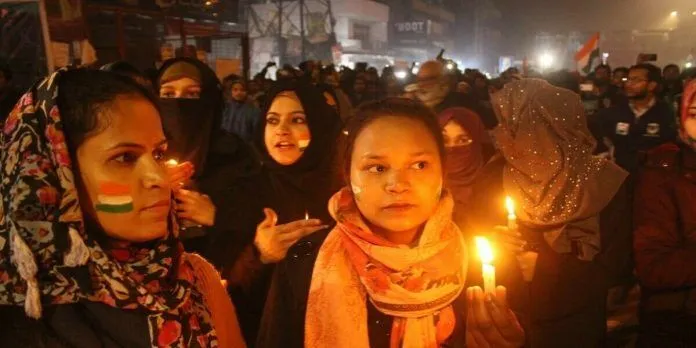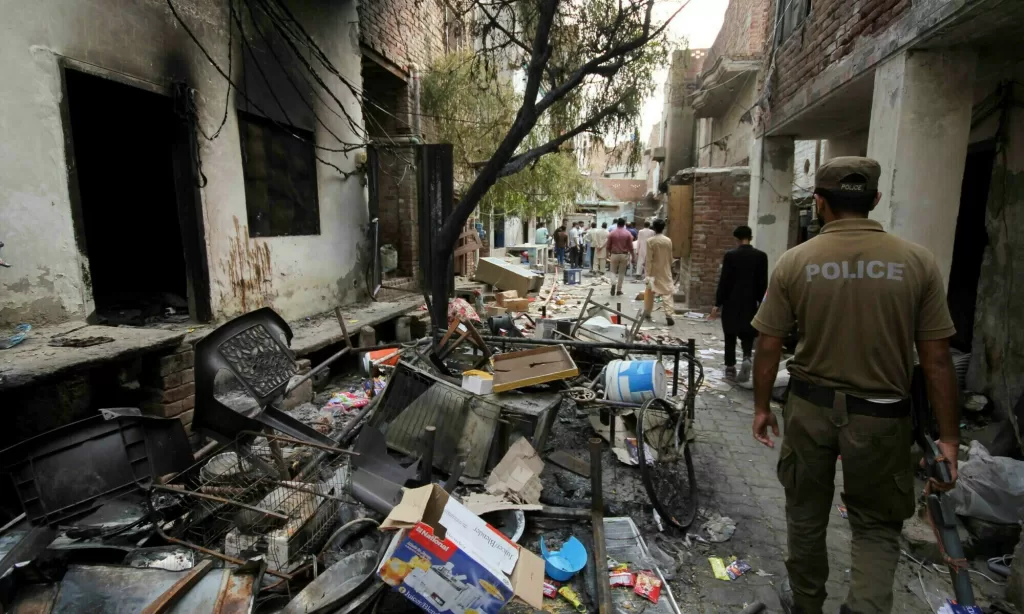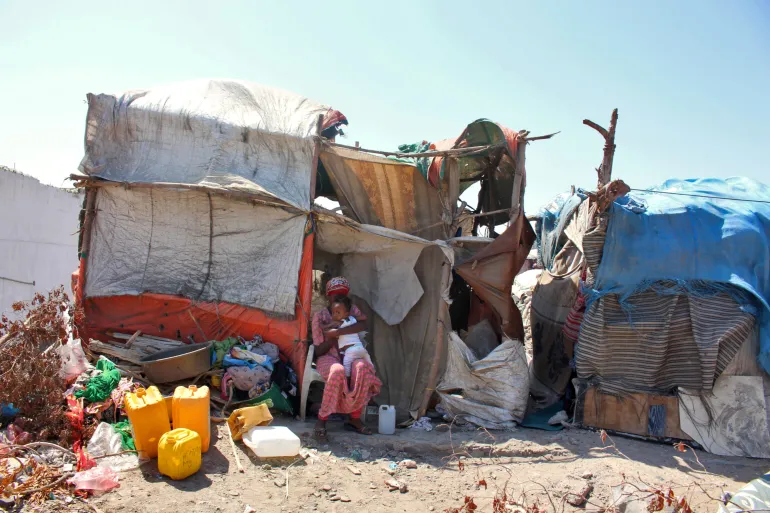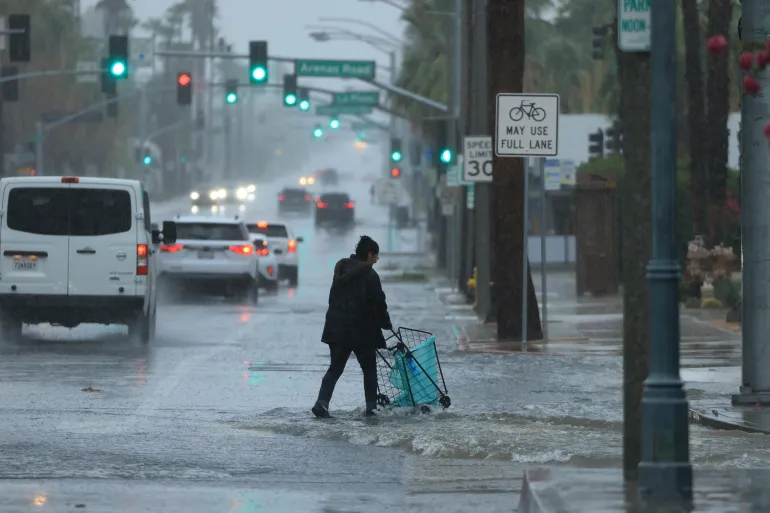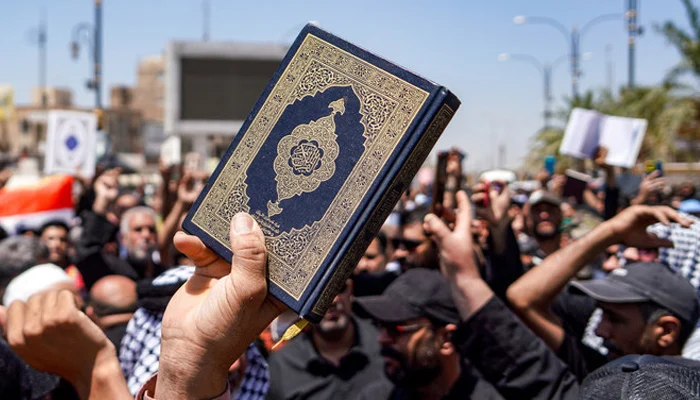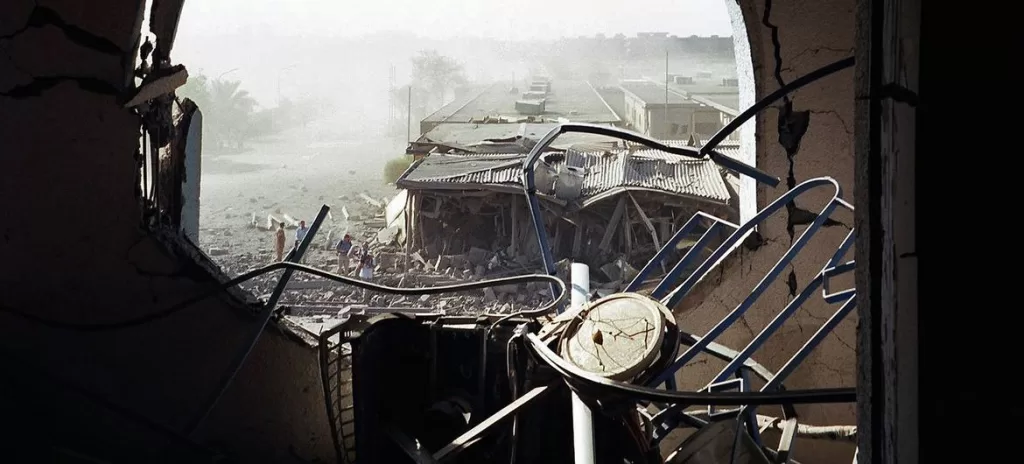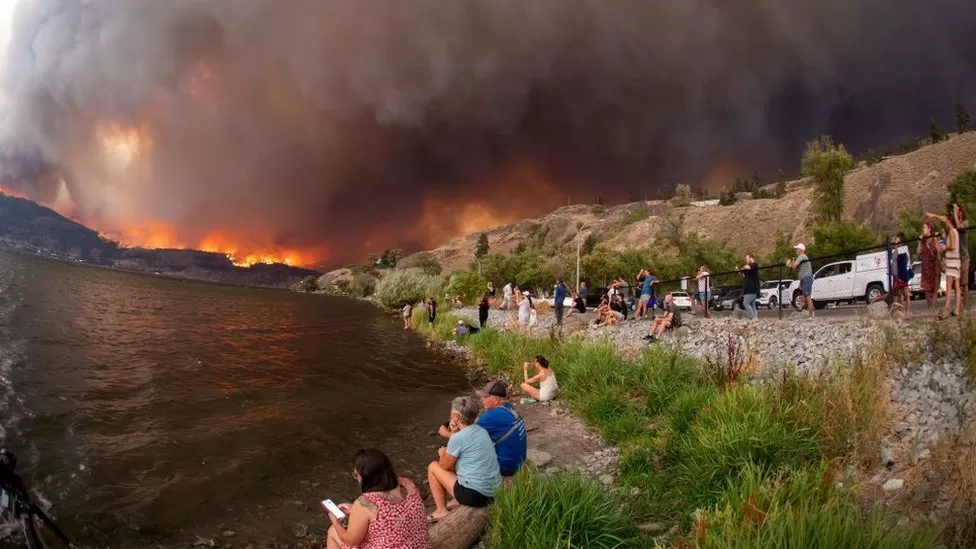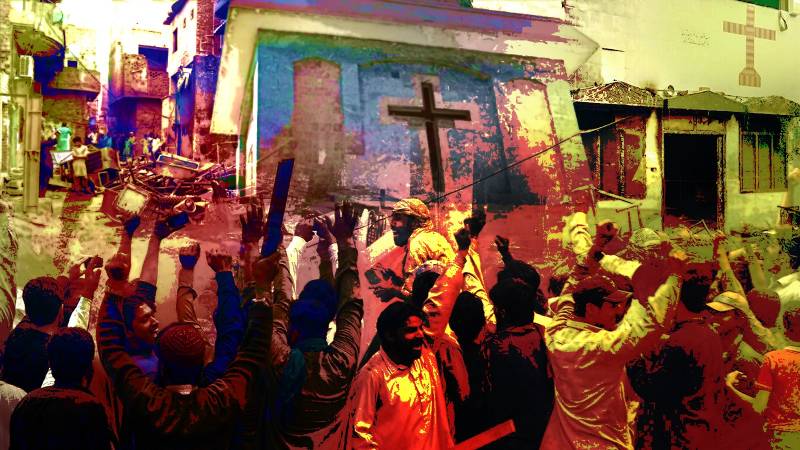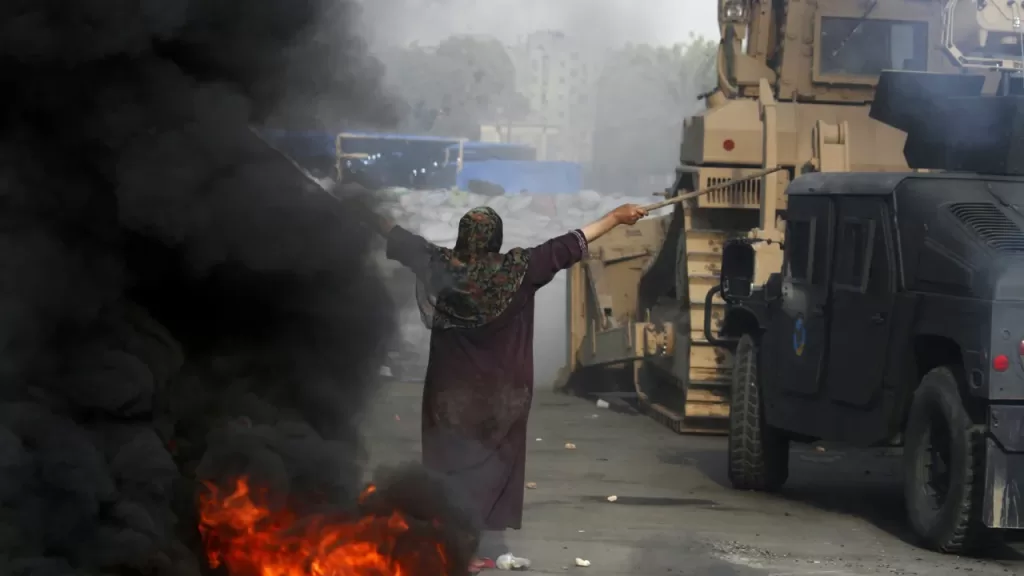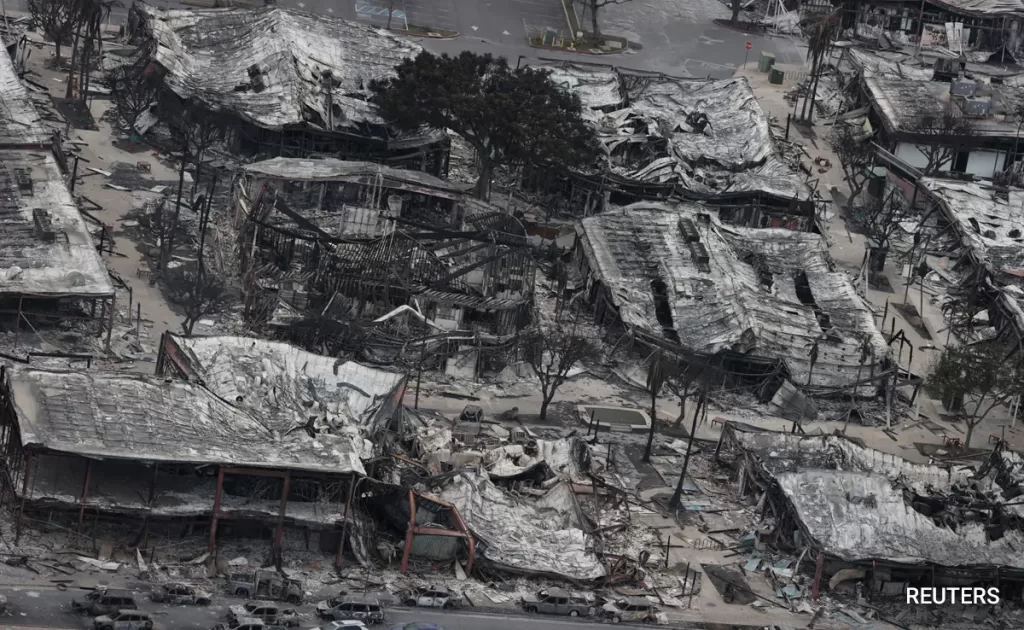While the Jaranwala attack escalated rapidly under the watch of the police, spreading across multiple Christian settlements in the city, the script of allegations, recording of evidence and reaction of the mob appears to be from a standard blasphemy playbook On August 16, 2023, dozens of Christian families had to flee violent Muslim mobs that were after the blood of two young Christian brothers. Some locals had alleged that several desecrated pages of the Holy Quran had been found near a house at Cinema Chowk in Jaranwala, Punjab. On Wednesday morning, thousands of angry men from the Faisalabad tehsil went to the Christian Colony, one of the three settlements in the area, to lynch blasphemy accused who allegedly desecrated Islamic scripture – and burnt the first church of the day. The mob then attacked churches and houses in the Christian Colony. Loudspeakers of mosques were used to incite people, and the bloodthirsty mob demanded the arrest and handover of the accused over to them to avenge alleged blasphemy. Within hours, the Salvation Army church, one of the oldest Christian-owned properties of the district, was targeted. Countless Bibles were burnt in the city, and at least eight churches were ransacked by the afternoon. The local Christian activists claim the number of churches vandalised is higher. They accused the courts and governments of acquitting blasphemers and demanded the main accused be handed over to them Social media videos, local cable and digital news outlets also spread the vile message of hate. On Facebook, terms such as Jaranwala behurmati (desecration) and Jaranwala QuranPak ki behurmati are still trending. Speaking to a local digital outlet in Jaranwala 92 News, Muslim residents of the area demanded a public execution of the accused on camera while narrating the bizarre story of alleged blasphemy as facts, in which a woman found pages of the Islamic scripture spread out in two streets of the Christian Colony after Fajr prayers. The video has 10,000 shares. As per the raging Muslims, the accused even placed their photos on the scripture to establish their identity. Jaranwala Incident: No Space For Such Intolerance, Extreme Behaviour, Says Army Chief Based on accounts narrated by participants of the mob to television channels and on social media, they caught the “evidence” early in the morning and handed it over to a cleric, Younas Chisti of the “ahl-e-sunna” group. The aggrieved majority repeatedly shouted that “Christians” keep committing blasphemy – in Nankana Sahib in February 2023 – thus, they deserve public executions. They accused the courts and governments of acquitting blasphemers and demanded the main accused be handed over to the mob that would set a precedent by hanging the violators. This was a repeated call made by angry men who had collected on the streets and Mehtab mosque in Jaranwala – and has been recorded in videos widely circulated on social media. Even before facts could be established, the assistant commissioner of the tehsil, who happens to be of the Christian faith, has been transferred. The police have registered an FIR for an offense under sections 295-B and 295-C of the blasphemy laws. The sense of relief over the lack of fatalities is relative, as hundreds have been impacted While the Jaranwala attack escalated rapidly under the police watch, spreading across multiple Christian settlements in the city, the script of the allegations, recording of evidence and reaction of the mob appears to be from a standard blasphemy playbook. Even the video interview of the aggrieved majoritarian lot reminds one of the perpetrators who lynched Priyantha Kumara while chanting slogans weaponised by the Tehreek-e-Labbaik Pakistan (TLP). In the videos from Jaranwala, Labbaik slogans and chants about Khatm-e-Nabuwat (finality of the prophethood) could be heard by minors and young men. But we do not need to go back to Sialkot in 2021 to trace religiously motivated violence in Pakistan. In February this year, a brutal lynching by a blasphemy mob took place in Warburton, Nankana Sahib, when the police failed to protect the accused. The same month, an Ahmadi man was killed for his faith. In April, the police rescued a Chinese national before the mob got to him near Dassu Dam, Kohistan. In May, a political worker of Pakistan Tehreek-e-Insaf (PTI) was lynched in Mardan. In August, a teacher was killed for alleged blasphemy in Turbat. Main Suspects In Jaranwala Incident Apprehended: Mohsin Naqvi In Jaranwala, thankfully, “koi jani nuqsaan nahi hua,” (there were no casualties) said a Christian man working for a NGO that no lives were lost. The sense of relief over the lack of fatalities is relative, as hundreds have been impacted in the August 16 incident – just like they were in Gojra, Joseph Colony, Shahdarra, Sheikhupura, and Youhanabad. The damage to Christian lives remains irreversible. Since yesterday, local clerics of the TLP stood with police, where officers pacified the mob. Even though, in addition to actually carrying out the attacks on Ahmadi worship sites this year alone, the party members have been announcing the planned attacks in advance. And to this day, the party violently mourns Aasia Bibi’s acquittal by the Supreme Court. Tahir Ashrafi, who campaigned for the exclusion of Ahmadis from the minorities commission and whose brother is the staunch anti-Ahmadi zealot in the country, tweeted his condemnation. Senator Mushtaq of Jamat-e-Islami took time out from his hate campaign against transgender rights and demanded action against bigotry in Sweden to issue his condemnation. Shehbaz Sharif tweeted first about Sweden and then Jaranwala. Selective condemnations of violence in the name of Islam, not just by the Islamists and clergy but also by the ruling elite, are as always, for the optics alone. Meanwhile, the government have called in Rangers and thousands of law enforcers to safeguard the city. In a country where angry mobs have become a reality, there is no network of intelligence or law enforcement to preempt and intervene in time to counter attempts – like in Jaranwala or Nankana Sahib. With the rate at which minarets









